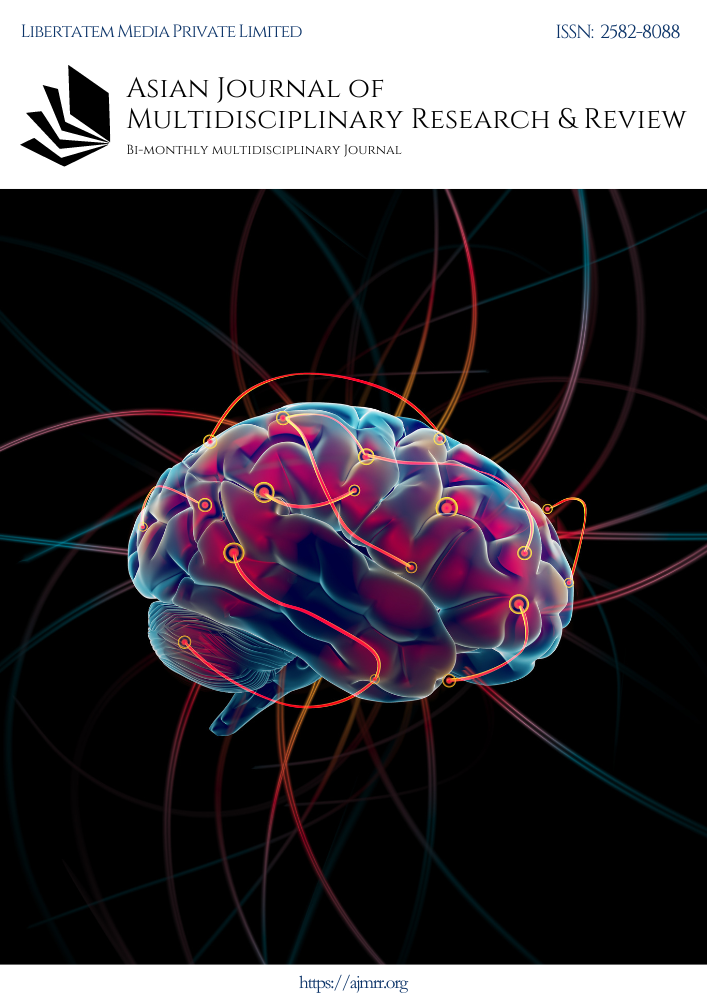A COMPREHENSIVE STUDY ON THE EFFECTS OF ELECTRONIC GADGETS ON HEALTH AND SLEEP
Abstract
General Background and Our Motivation
As our world is digitalizing at a rapid rate in every sphere of life, it is indispensable for everyone using digital platforms and gadgets to be aware of their impact on physical health, mental health, and sleep. Before beginning to work on this research paper, we browsed extensively on the internet to see whether there was any case study associated with this topic on a multi-national spectrum. However, we were unable to locate any. As a result, we made the decision to work on this research.
With this research paper, we aspire to present the statistical data that demonstrates the consequences of electronic gadgets on people from all over the globe and to aware them by stating the extent to which gadgets affect different aspects of human life. We would vouch for our ardency in this case study by mentioning that over the last two months, we have worked for roughly 1-2 hours per day to make this proposal as effective and relevant to individuals all over the world as possible.
Our Data Collection Approach
Both primary and secondary data were used for global-scale relevance. We thought the best approach would be to include at least the countries with the highest screen time in each continent. So, we inculcated the statistics from different journals, federal institutions, surveys, and schools about the average screen time, sleep disorders, obesity, and engagement in physical activities from 7 different countries across 6 continents. Furthermore, we conducted our own personal survey. A binary logistic regression model was adapted using IBM SPSS software, considering average screen time as an independent variable and poor sleep, eye diseases and depression as dependent variables to assess our primary data.
Downloads
Downloads
Published
Issue
Section
License

This work is licensed under a Creative Commons Attribution-NonCommercial-ShareAlike 4.0 International License.
License Terms
Ownership and Licensing:
Authors of research papers submitted to the Asian Journal of Multidisciplinary Research & Review (AJMRR) retain the copyright of their work while granting the journal certain rights. Authors maintain ownership of the copyright and grant the journal a right of first publication. Simultaneously, authors agree to license their research papers under the Creative Commons Attribution-ShareAlike 4.0 International (CC BY-SA 4.0) License.
License Permissions:
Under the CC BY-SA 4.0 License, others are permitted to share and adapt the work, even for commercial purposes, as long as proper attribution is given to the authors and acknowledgment is made of the initial publication in the Asian Journal of Multidisciplinary Research & Review. This license allows for the broad dissemination and utilization of research papers.
Additional Distribution Arrangements:
Authors are free to enter into separate contractual arrangements for the non-exclusive distribution of the journal's published version of the work (e.g., posting it to institutional repositories or publishing it in books), provided they acknowledge the initial publication of the work in the Asian Journal of Multidisciplinary Research & Review.
Online Posting:
Authors are encouraged to share their work online (e.g., in institutional repositories or on personal websites) both prior to and during the submission process to the journal. This practice can lead to productive exchanges and greater citation of published work.
Responsibility and Liability:
Authors are responsible for ensuring that their research papers do not infringe upon the copyright, privacy, or other rights of any third party. The Asian Journal of Multidisciplinary Research & Review disclaims any liability or responsibility for any copyright infringement or violation of third-party rights in the research papers.



